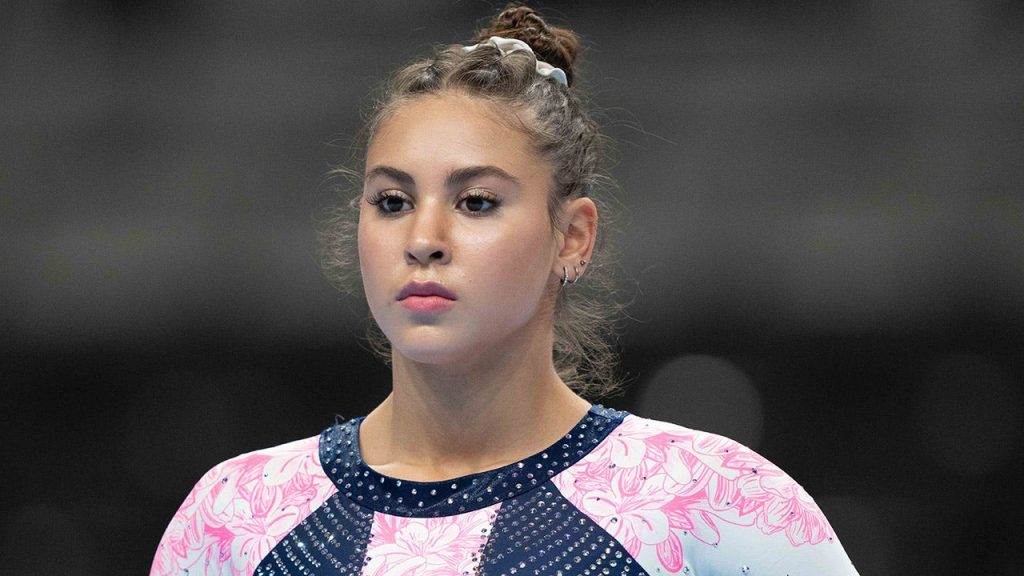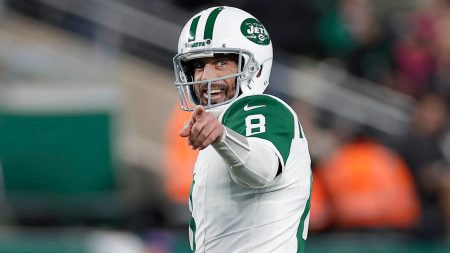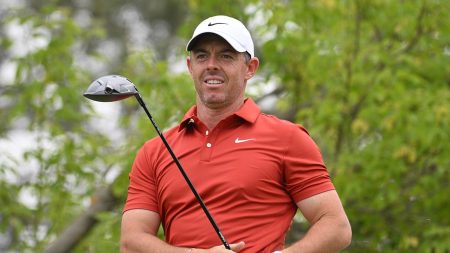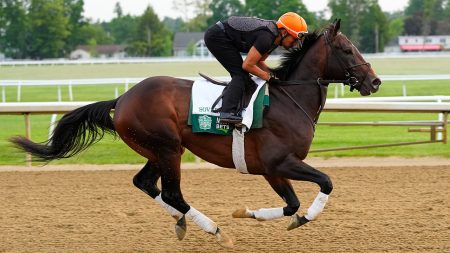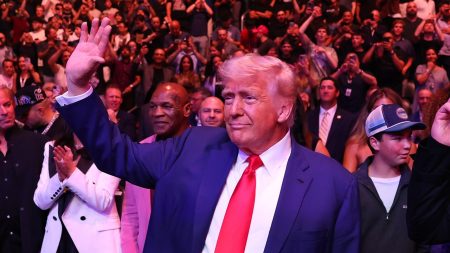Levi Jung-Ruivivar, the 18-year-old American-born gymnast who represented the Philippines at the Paris Olympics, has announced a temporary hiatus from competitive gymnastics and her studies at Stanford University to prioritize her health and address an eating disorder. This courageous decision, shared via a joint Instagram post with the Stanford gymnastics account, marks a significant step in Jung-Ruivivar’s journey towards recovery and underscores the importance of mental and physical well-being, particularly in the demanding world of elite athletics. Her candidness in revealing her struggle sheds light on the often-hidden challenges faced by athletes and students alike, highlighting the need for open conversations about mental health and the availability of support systems.
Jung-Ruivivar’s statement reveals the internal conflict she experienced between her love for gymnastics and academics, and the insidious grip of her eating disorder. While thriving in both arenas, she acknowledged that the disorder was draining her mental and physical energy, hindering her ability to fully embrace her passions. This realization prompted her to seek treatment, prioritizing her long-term well-being over immediate athletic pursuits. Her decision to “redshirt” this season, meaning she will not compete but retain her eligibility, and take a leave of absence from Stanford during the winter quarter demonstrates her commitment to recovery. She intends to return to both school and training before the spring quarter commences.
The young gymnast expressed the internal struggle she faced before deciding to publicly share her personal battle. The trepidation she felt is understandable, given the stigma often associated with mental health issues, especially in high-pressure environments like elite sports. However, Jung-Ruivivar recognized the importance of speaking out, both for her own healing and to potentially inspire others facing similar challenges. By acknowledging her vulnerability, she has taken a powerful step towards breaking down barriers and fostering a more supportive and understanding environment for athletes struggling with mental health concerns.
Jung-Ruivivar’s decision emphasizes the critical need for athletes to prioritize their mental and physical health, even when it means temporarily stepping away from their sport. The pressure to perform at the highest level can be immense, potentially exacerbating underlying issues like eating disorders. Her willingness to seek help demonstrates a maturity and self-awareness that extends beyond her years. By prioritizing her recovery, she is setting a positive example for other young athletes, demonstrating that seeking support is a sign of strength, not weakness.
The outpouring of support from fellow athletes, including Hezly Rivera and Skye Blakely, and Stanford University itself, underscores the growing recognition of the importance of mental health within the athletic community. These expressions of solidarity create a crucial safety net for athletes struggling with mental health challenges, reinforcing the message that they are not alone and that seeking help is commendable. Stanford’s affirmation of their support for Jung-Ruivivar’s journey further emphasizes the university’s commitment to the well-being of its student-athletes, fostering an environment where mental health is prioritized alongside academic and athletic achievement.
Levi Jung-Ruivivar’s story serves as a powerful reminder that even amidst the triumphs and pressures of elite athletics, mental health remains paramount. Her decision to prioritize her well-being sends a resonant message to young athletes everywhere: seeking help is not a sign of weakness, but rather a testament to strength and self-awareness. Her vulnerability and openness have the potential to spark crucial conversations about mental health within the athletic community, paving the way for a more supportive and understanding environment for athletes facing similar challenges. As she embarks on her journey of recovery, Jung-Ruivivar’s story serves as a beacon of hope, demonstrating that with courage and support, it is possible to overcome even the most formidable obstacles.




